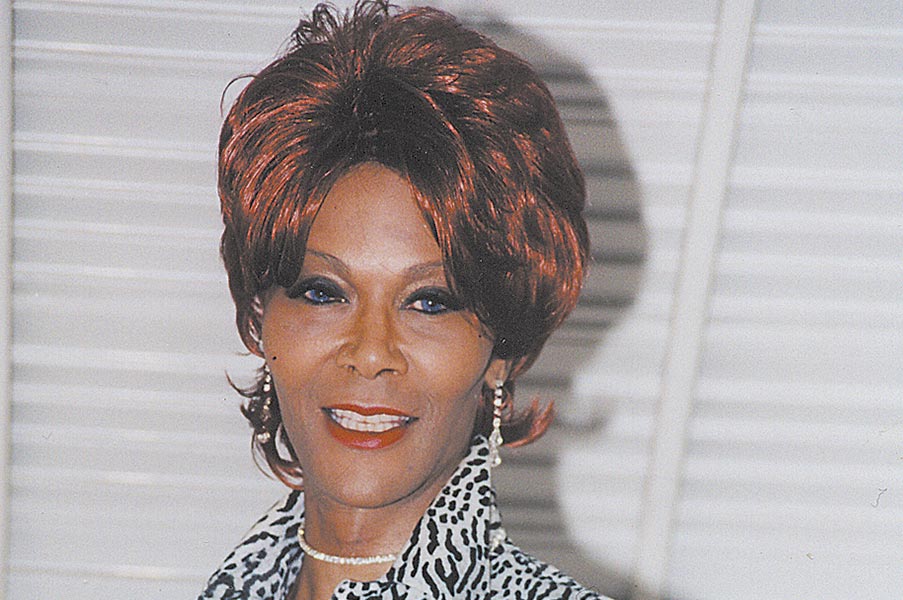PGN is urging the state Office of Open Records to hold a public hearing in its appeal for certified records in the Nizah Morris case.
In May, PGN asked the Philadelphia District Attorney’s Office to provide the records, in order to gain more transparency and accountability in the Morris case. But in a June 29 denial letter, the D.A.’s Office declined to comply with the paper’s request.
On July 9, PGN filed an appeal with the OOR and requested a public hearing.
Morris was a transgender woman found with a fractured skull in 2002, shortly after a “courtesy ride” from Officer Elizabeth Skala. Her homicide remains unsolved.
Inexplicably, Skala initiated an unrelated vehicle stop while assigned to handle Morris, who was intoxicated. The vehicle stop contributed to a three-hour delay before Skala responded to Morris after her head injury.
After Skala’s delayed response, another officer wrote a police report that treated the entire incident as a “hospital case,” with no mention of the courtesy ride and subsequent crime. Detectives didn’t begin investigating the incident until several days later, when Morris was already dead.
PGN is seeking certified copies of dispatch records pertaining to Skala’s vehicle stop from the D.A.’s Office.
The state’s open-records law allows a requester to seek certified records from an agency. Certification verifies that an agency is providing accurate copies of records.
PGN’s request for a public hearing contends the D.A.’s Office has given vague and conflicting responses as to whether it has dispatch records for Skala’s vehicle stop.
“No requester should have to go through what [PGN] has gone through to get a clear, direct response as to whether an agency has records requested,” the request states.
By presstime, the OOR hadn’t issued a decision on PGN’s public-hearing request.
Melissa B. Melewsky, media law counsel for the Pennsylvania NewsMedia Association, spoke in favor of a public hearing.
“The OOR has the authority to hold a hearing in records appeals, but the office isn’t capable of holding hearings in every case,” Melewsky said, in an email. “The OOR has held several hearings when the facts of an appeal cry out for a detailed examination by an impartial hearing officer. PGN’s appeal presents such a case in light of its years-long struggle to get a clear answer about records from the Philadelphia District Attorney’s Office. The open-records law is intended to provide quick, efficient access to public records, or a valid reason why records are not public; PGN’s experience hasn’t resulted in either. A hearing by the OOR could give much-needed oversight of the D.A.’s response and finality to PGN’s struggle for access.”
Babette Josephs, a member of the Justice for Nizah Committee, also expressed support for a public hearing.
“I know the OOR is very busy,” Josephs said. “But a public hearing is the best way to get to the truth, because you can ask questions when everyone is present. I really hope the OOR will accommodate us and hold a public hearing. What’s at stake here is the safety of citizens and law-enforcement officials. We’re all in this together against the really bad criminals.”
Advocates for Morris want a state probe of her homicide, citing concerns of a local cover-up. But so far, Attorney General Kathleen G. Kane hasn’t agreed to review the case.
Local groups supporting a state probe of the Morris case include the city’s Police Advisory Commission, Jewish Social Policy Action Network, Keystone Progress, Philadelphia FIGHT, GALAEI, Racial Unity, Equality PA, GALLOP, William Way LGBT Community Center, P-FLAG, Mazzoni Center, LGBT Elder Initiative, ACLU of Pennsylvania and Pennsylvania Youth Congress.
